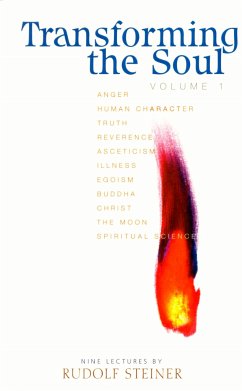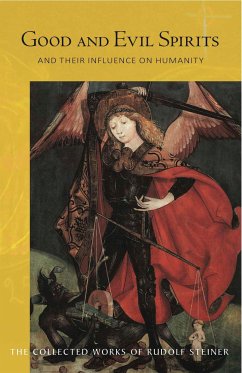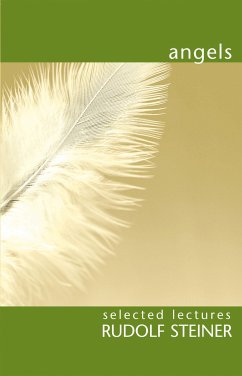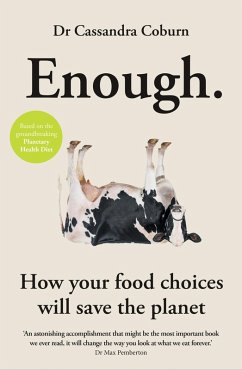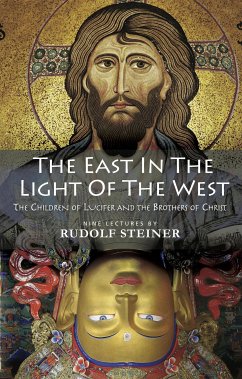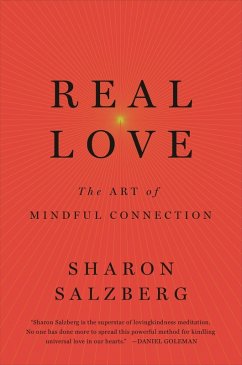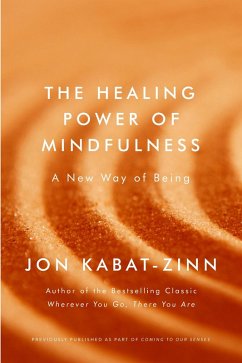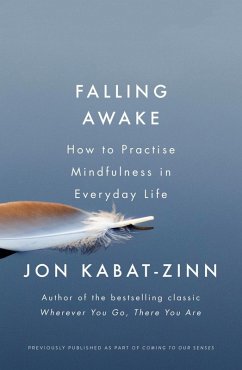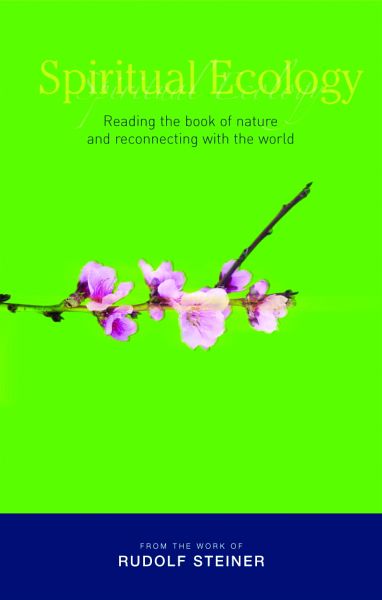
Spiritual Ecology (eBook, ePUB)
Reading the Book of Nature and Reconnecting with the World
Übersetzer: Barton, Matthew
Versandkostenfrei!
Sofort per Download lieferbar
8,99 €
inkl. MwSt.
Weitere Ausgaben:

PAYBACK Punkte
0 °P sammeln!
Today we face an increasing number of challenges connected to our environment - from climate change and extreme weather patterns to deforestation, threats to animal species and ongoing crises in farming. Hardly a day goes by without further alarming reports. How are we to respond - particularly if we wish to take a broader, spiritual view of these events? Today we face an increasing number of challenges connected to our environment - from climate change and extreme weather patterns to deforestation, threats to animal species and ongoing crises in farming. Hardly a day goes by without further a...
Today we face an increasing number of challenges connected to our environment - from climate change and extreme weather patterns to deforestation, threats to animal species and ongoing crises in farming. Hardly a day goes by without further alarming reports. How are we to respond - particularly if we wish to take a broader, spiritual view of these events? Today we face an increasing number of challenges connected to our environment - from climate change and extreme weather patterns to deforestation, threats to animal species and ongoing crises in farming. Hardly a day goes by without further alarming reports. How are we to respond - particularly if we wish to take a broader, spiritual view of these events? In the extracts compiled in this volume, presented here with commentary and notes by Matthew Barton, Steiner speaks about human perception, the earth, water, plants, animals, insects, agriculture and natural catastrophes. Spiritual Ecology offers a wealth of original thought and spiritual insight for anyone who cares about the future of the earth and humanity.
Dieser Download kann aus rechtlichen Gründen nur mit Rechnungsadresse in A, B, BG, CY, CZ, D, DK, EW, E, FIN, F, GR, H, IRL, I, LT, L, LR, M, NL, PL, P, R, S, SLO, SK ausgeliefert werden.





